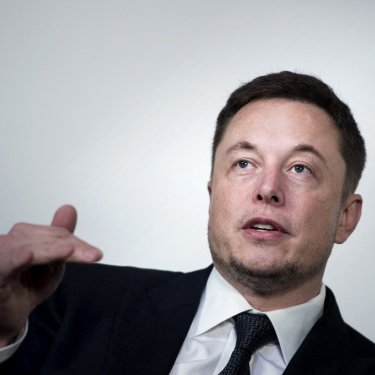There’s nothing democratic about Elon Musk’s polls

By resorting to polls, Twitter’s new boss is using a cynical gimmick rather than opening up his platform to democratic principles, says Reporters Without Borders (RSF), deploring these sham referendums and calling for the adoption of genuine democratic procedures to regulate all major platforms.
Elon Musk has decided to stake his position as Twitter’s CEO on the outcome of the latest of many unscientific polls he has conducted since taking control of this social media platform in October. Using a brief question followed by a choice of simplistic responses, Musk lets his Twitter audience decides on such complex questions as whether or not to lift the ban on Donald Trump’s accounts or the accounts of the journalists that were arbitrarily suspended on 15 December. But behind this illusion of democracy, these bogus referendums actually trample on all democratic values.
“The outcome of these pseudo referendums is of very secondary importance, so crude and cynical is this procedure,” RSF secretary-general Christophe Deloire said. “These methods mimic democratic procedures but in reality they have a zero degree of democracy or are even its opposite. Such important issues as free speech and access to reliable information cannot be addressed by means of such arbitrary, populist methods.”
The polls posted by Elon Musk are above all a way of bypassing legitimate institutions. By cobbling together a device for consulting the good people of Twitter using a gimmick and a Latin phrase – the notorious “vox populi, vox Dei”* that he tweets at will – Musk pretends to be a democrat. The procedure is devious, because only one voice, his own, is at the heart of these debates and, in practice, this consecrates his authority. But the informational space does not need Musk’s authority. It needs the authority of democracies and the institutions that govern them.
What Musk wants is to isolate Twitter’s management from the outside world and to rule it as he sees fit. His isolationist approach has included disbanding the Trust and Safety Council, the civil society consultation body set up by Twitter, and firing staff in Brussels, casting doubt Twitter’s ability to honour its commitments under the European Union’s Code of Conduct on Disinformation.
The absurdity of Musk’s example shows that the era of big online platforms regulating themselves from atop their ivory towers must end. An international response is needed to the global ambitions of these companies. In particular, democracies should work within the Partnership for Information and Democracy. By following the recommendations of the Partnership’s sister body, the Forum on Information and Democracy, democracies will be able to develop or strengthen a legislative framework that protects their freedoms and regulates the platforms. It is not too late.
*The voice of the people is the voice of God
